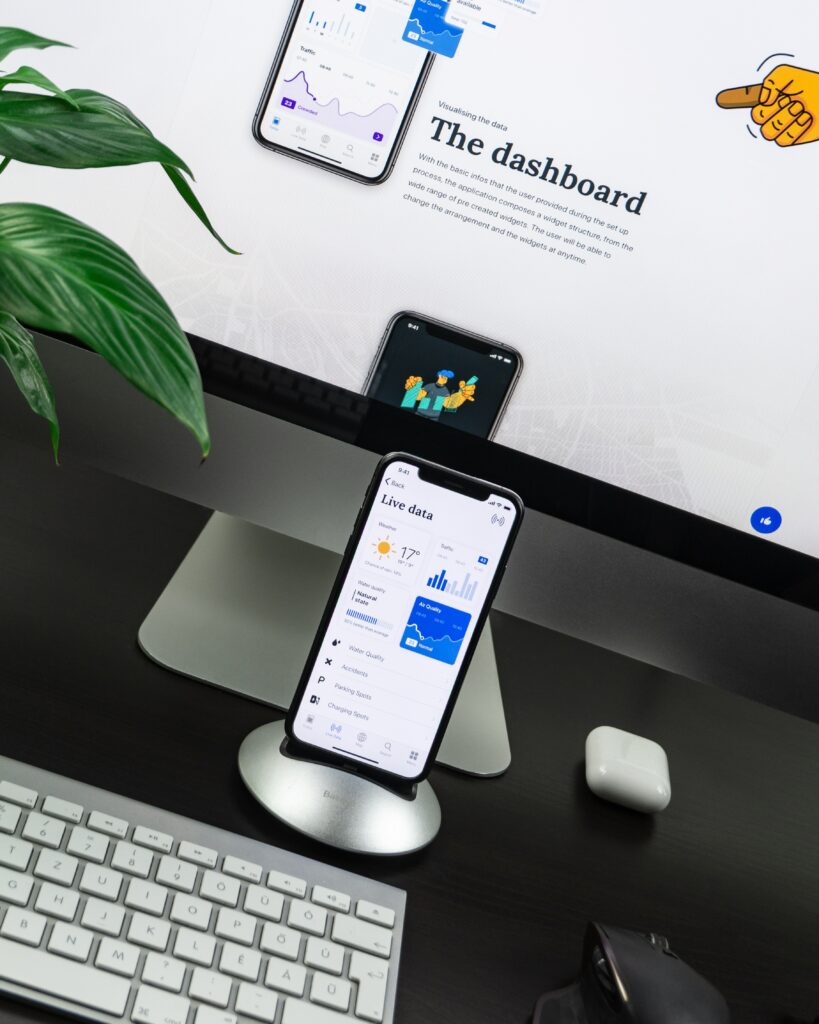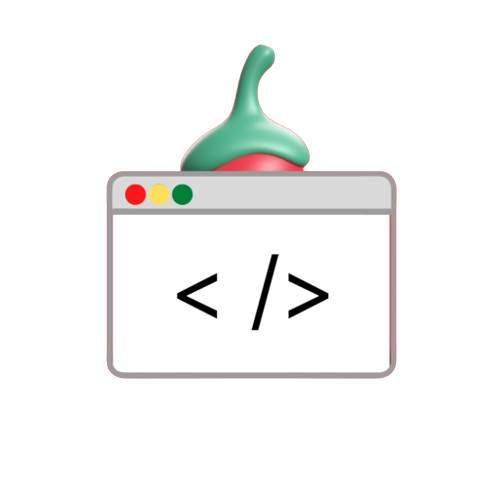Imagine this: you’re scrolling through a website you love, or using an app that makes your life easier. Ever wondered how those things came to be? The answer: code! Coding is the secret language that powers the digital world around you, from the games you play to the news you read. Maybe you’ve always been curious about learning to code, but the technical jargon and complex tutorials can feel intimidating. Well, fret no more! I present to you a complete pathway for coding for beginners.
In 2024, coding isn’t just for tech wizards anymore. It’s a valuable skill that can open doors to exciting careers, empower you to create your own tools and applications, and even help you understand the technology that shapes our world. But where do you even begin?
This blog post is your roadmap to unlocking the world of coding in 2024. We’ll ditch the complex jargon and focus on real-world examples to make learning fun and engaging. We’ll explore different programming languages, recommend beginner-friendly resources, and even suggest some cool project ideas to put your new skills to the test.
Are you ready to unleash your inner programmer and start building something awesome? Then buckle up and get ready to dive into the exciting world of code!
Table Of Contents
- 1 1. Learn Your Purpose
- 2 2. Choose your field
- 3 3. Choose a programming language related to the field
- 4 4. Learn its fundamentals
- 5 5. Practice and Practice
- 6 6. Create exciting projects
- 7 7. Join a community
- 8 8. Explore new technologies, libraries, frameworks etc.
- 9 9. Never Give up
- 10 10. Include your projects and learning commands in your resume
- 11 Conclusion
1. Learn Your Purpose
First, to land into the world of coding. You will have to know why are you ready for it? What is so excited about this field that is catching you towards itself.
Motivation Is Important: Learning to code requires commitment and work. Having a distinct goal keeps you motivated when things get difficult. Do you want to make games, develop websites, or automate tasks? A clear objective helps you keep moving ahead.
Concentrates Your Education: Being aware of your “why” aids in making the best decision. Do you have any interest in creating websites? Pay attention to languages like JavaScript and HTML. Do you want to make apps for smartphones? Examine Kotlin or Swift. Learning that is targeted remains effective and relevant.
Enhances the Journey: Learning to code may be a fulfilling path of exploration. The talents you acquire become building blocks to reaching your objectives when you are aware of your purpose. This adds interest to the process and facilitates the understanding of the relationship between coding ideas and practical implementations.
2. Choose your field

Choosing a specific field within coding is like picking your specialty and interest in a vast city.
Imagine diving into a bustling metropolis without a particular destination! While all areas involve code, each offers unique challenges and rewards.
Web development lets you build websites and applications users interact with daily. If you love user interfaces and creating interactive experiences, this might be your path. I myself a web developer and an internet enthusiast so from my experience, this field is quite complicated when it comes to backend systems, databases management but in the same time it pays really very well when you publish your sites.
App development lets you craft mobile applications people carry in their pockets. Do you dream of creating the next must-have app? This field could be your calling. Data science involves working with massive datasets, unlocking hidden insights. Are you intrigued by the power of data and using code to solve real-world problems? This could be the perfect fit.
Exploring different areas before diving in helps you discover your coding niche – the intersection of your skills and interests. It leads to a more focused learning journey and a rewarding career in the exciting world of coding!
Choosing the right programming language is like picking the perfect tool for a job.
Just like you wouldn’t use a screwdriver to hammer a nail, different languages excel in specific areas.
Web development requires languages like JavaScript and Python, while mobile app development might use Swift or Java. Data science leans towards Python and R. Picking a language aligned with your career goals sets you up for success by letting you focus on the problems you’re most interested in solving. It also ensures you’re learning the most relevant skills for the job market you’re targeting.
4. Learn its fundamentals
Mastering the fundamentals of programming languages is like building a solid foundation for a house that is going to be built upon it soon.
Just like strong footings allow you to build complex structures, understanding core concepts like variables, data types, control flow, and functions allows you to tackle more advanced programming challenges. These fundamentals are universal across languages – learning one translates to a better grasp of others.
With this strong base, you’ll be able to learn new languages quicker, solve problems efficiently, write cleaner code, and adapt to the ever-evolving world of programming.
5. Practice and Practice

Never stop practicing as it helps you to grow more and more in the field of programming.
Solve real world problems daily. If you are confused how to get real world problems, why are AI’s like ChatGPT or Gemini built? They are always to provide you with easy problems with ready-made solutions by them to solve. Remember, learning is a slow and sharp process. Learning is always easy, but to keep learning is important in any field.
6. Create exciting projects
Coding projects are the boot camps of programming, Here’s why they are essential in the field:
Learning by Doing: Projects solidify your understanding. You apply concepts, troubleshoot problems, and refine your skills in a practical setting.
Portfolio Power: Completed projects showcase your abilities to potential employers. They demonstrate your problem-solving skills and passion for coding.
Confidence Booster: Overcoming project challenges builds confidence in your coding abilities. You learn to embrace mistakes and find solutions.
Creative Outlet: Projects allow you to experiment and bring your ideas to life. This fosters creativity and a deeper connection to the coding process.
For example: If you choose web development as your career, you can go on with creating chat systems, weather forecasting, basic websites, text utilities, news apps, tic-tac-toe, snake game etc.
7. Join a community

Imagine a programmer stuck on a tricky bug. Solo troubleshooting can be frustrating. But in a community, they can tap into a vast pool of experience. Seasoned members offer guidance, share solutions, and point them to helpful resources.
Communities also encourage collaboration. Programmers can work on projects together, learn from each other’s strengths, and build a network of like-minded individuals.
Furthermore, these communities keep you updated on industry trends and emerging technologies. The constant exchange of ideas and knowledge is a catalyst for growth, making you a more well-rounded and successful programmer.
8. Explore new technologies, libraries, frameworks etc.
Programmers who stay still get left behind. Exploring new libraries and frameworks keeps your skill set fresh:
Efficiency Boost: Newer tools often streamline tasks you already do, saving time and effort.
Problem-Solving Power: Fresh libraries offer new ways to tackle coding challenges, leading to more elegant solutions.
Adaptability Advantage: The tech landscape changes fast. Familiarity with new tools makes you adaptable to future demands.
9. Never Give up
Keep exploring new challenges, syntax, libraries, frameworks and never look back, that should be the motto. Remember a quote that goes
I do not fear a man who has practiced 10,000 kicks at one time,
Bruce Lee
I fear the man who has practiced 1 kick 10,000 times
Keep practicing with motivation and become the master of your particular field.
10. Include your projects and learning commands in your resume
Your resume is now a programmer’s portfolio!
Listing projects shows your skills in action, not just on paper. It lets employers see you can solve real-world problems with code. Highlighting learned commands showcases your adaptability and eagerness to stay updated in the fast-paced coding world. Both elements paint you as a well-rounded programmer, increasing your chances of landing your dream job.
Conclusion
So, there you have it! This is just the first step on your exciting coding adventure. Remember, the key is to start small, practice consistently, and most importantly, have fun! The coding community is vast and welcoming, so don’t hesitate to reach out for help and connect with fellow learners. There’s a whole world of possibilities waiting to be unlocked with every line of code you write.
If you are in doubt with the pathway to land your dream developer job, consider reading this blog.
Happy coding!





Pingback: Advanced Coding Problems Every Programmer Should Master - Code Masala Bytes - Helping Developers Solve Real World Problems
This was a very good post. Check out my web page FQ7 for additional views concerning about Cosmetics.
I like the comprehensive information you provide in your blog. The topic is kinda complex but I’d have to say you nailed it! Look into my page 94N for content about Airport Transfer.